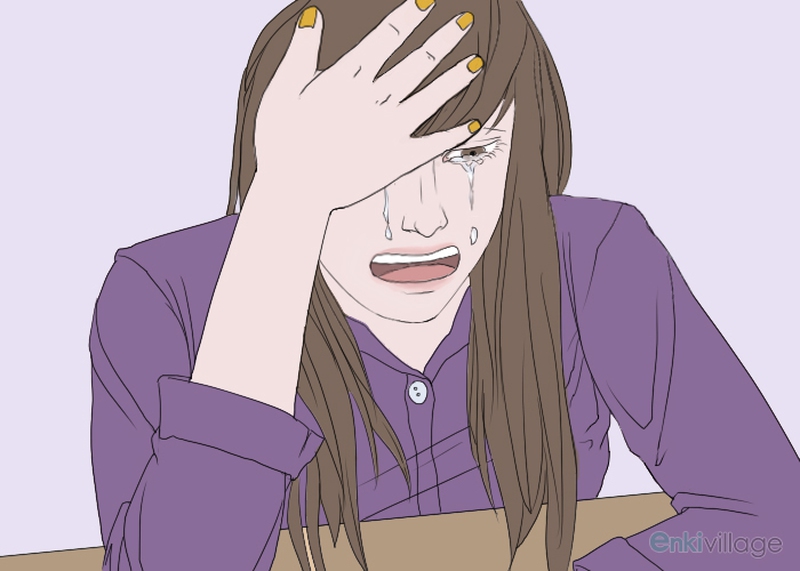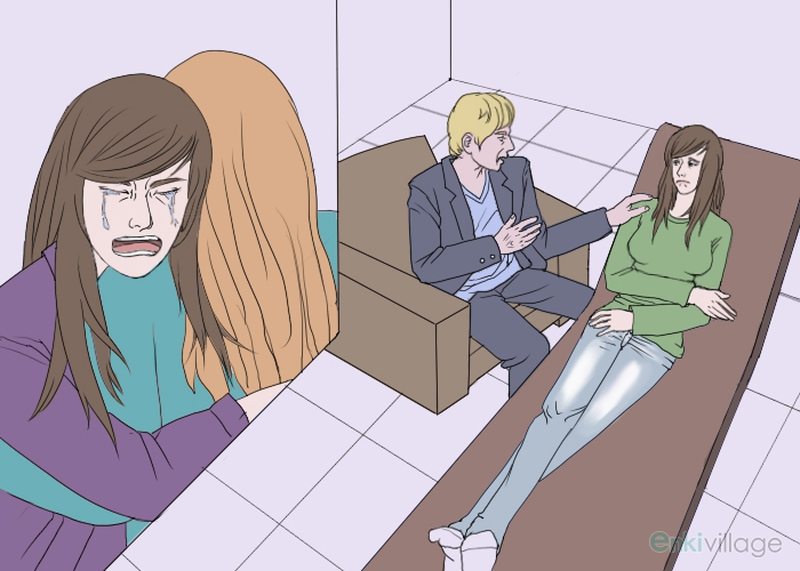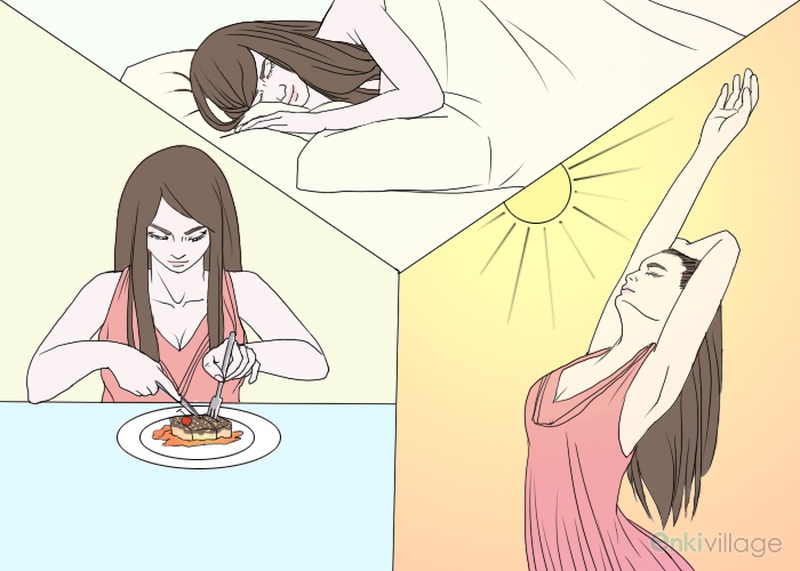Grief will always come at some point in our lives. It is usually related to a loss of a highly treasured thing or person. The response that naturally comes following such a loss is known as grief. Such treasured things could be a pet, a car, a job or a friend, family member or a notable figure in a person’s life. Grief can face anyone because human life is all about holding closely to things we treasure that will at some point leave us. This happens so because of things beyond our control, leaving us with grief in the end. Therefore, we all should learn how to deal with grief.

Will the Grief Finally Pass?
Denial: “It is not true.”
The grieving person will always find it difficult to believe that the loss has befallen him or her. It is important especially when the affected person is required to take action during the moment of grieving.
Anger: “Someone is behind this. It can’t just happen to me!”
Usually, anger sparks up when the grieved person loses hope completely. There is always a feeling of loneliness especially with the loss of a loved one. Anger will always be directed to a high authority in most cases.
Bargaining: “I will do something to revert this….”
During this stage, the person usually feels that something could have been done to prevent the situation. If not handled well, this stage will likely slow down the healing process.
Depression: “I feel helpless and weak.”
When the reality finally hits, some people become depressed. There is usually a lack of sleep and energy. Due to self-pity and desolation, the affected person feels that there is nothing to do.
Acceptance: “It really happened. I’m ok now!”
The grieved person will finally come to accept the loss later on. Though it may take different time lengths, the healing process starts with an acceptance of the loss upon its full integration in the person’s life.
How to Deal With Grief
Face the Grief Head On
Ignoring the grief that follows the loss of a thing or a person will do you no good. It is important to acknowledge and accept the pain in an effort of learning how to deal with grief. Otherwise, you will only be postponing the pain which will show up anyway. Finally, it will lengthen the healing process.
Don’t pretend to be strong. Face the reality and stop proving that you are strong to anyone. Don’t take control over the grief but let it take its course.
Cry if you want to. There is no problem in showing your grief by crying. Do not try to resist it when it comes. It'll give you some relief.
Let it pass naturally. Dealing with grief takes different periods of time for different people. Do not limit yourself to a certain period. Allow yourself to heal naturally without controlling anything.
Find Yourself Some Support
Sometimes, you may want to be alone which is fine. However, there are other times when you will need the company of other people. Make sure you don’t ignore any of these times. When your situation is too overwhelming to handle alone, kindly seek the help of other people. This is especially if you cannot get back to normalcy, eat or sleep as you used to among other similar-like occurrences.
Share your grief with friends and families. If possible, you can get help from support groups for purposes of seeking healthy relationships of individuals who can identify with your situation. Past experiences from such individuals could just help you deal with your situation.
Expressions of emotions can be done. They don’t have to be done loudly. You can put them down through writing. If the grief comes with the loss of someone you loved, you can write down all the things you want to say but never got the chance to say. This will give you some relief from the grieving.
Make sure you get the help of a professional counselor. When the grief is too much to bear, turn to a professional who is experienced in helping people dealing with grief. He/she will give you some helpful suggestions to get through the grief.
Take Care Of Yourself
When you are affected by grief, taking care of yourself should be your number one priority. A loss always comes with stress which may cost you a lot of energy. Take care of your emotional and physical needs when dealing with death to help yourself heal through this difficult moment.
Make sure you rest. We all know about the 7-8 hours regular sleep each day, and you may think it silly and weird for such a difficult time. But, enough and rest is the first step to take good care of yourself during such times.
Be watchful of your physical health. Your body is connected to your mind and therefore, your emotions are deeply influenced through your physical wellbeing. Eat and sleep well to deal with stress. Don’t try to use drugs like alcohol to deal with your grief.
Take heed of what triggers grief. Prepare well for such things like anniversaries that often awaken past feelings and emotions. It is important to keep in mind that emotions will run high and that it is nothing unusual.
If possible, make it your habit to stay outdoors. The sun is very important for your happiness. You can walk around or sit somewhere in the open rather than wallowing in your house.
Video
Hope you can get some help from Simon's journey of dealing with grief:






View All Comments /Add Comment